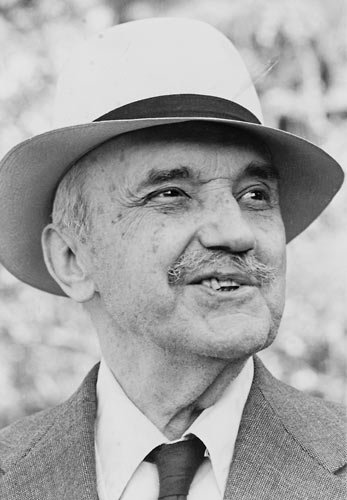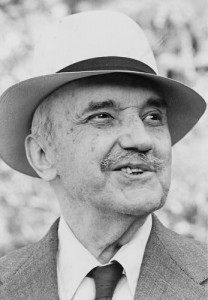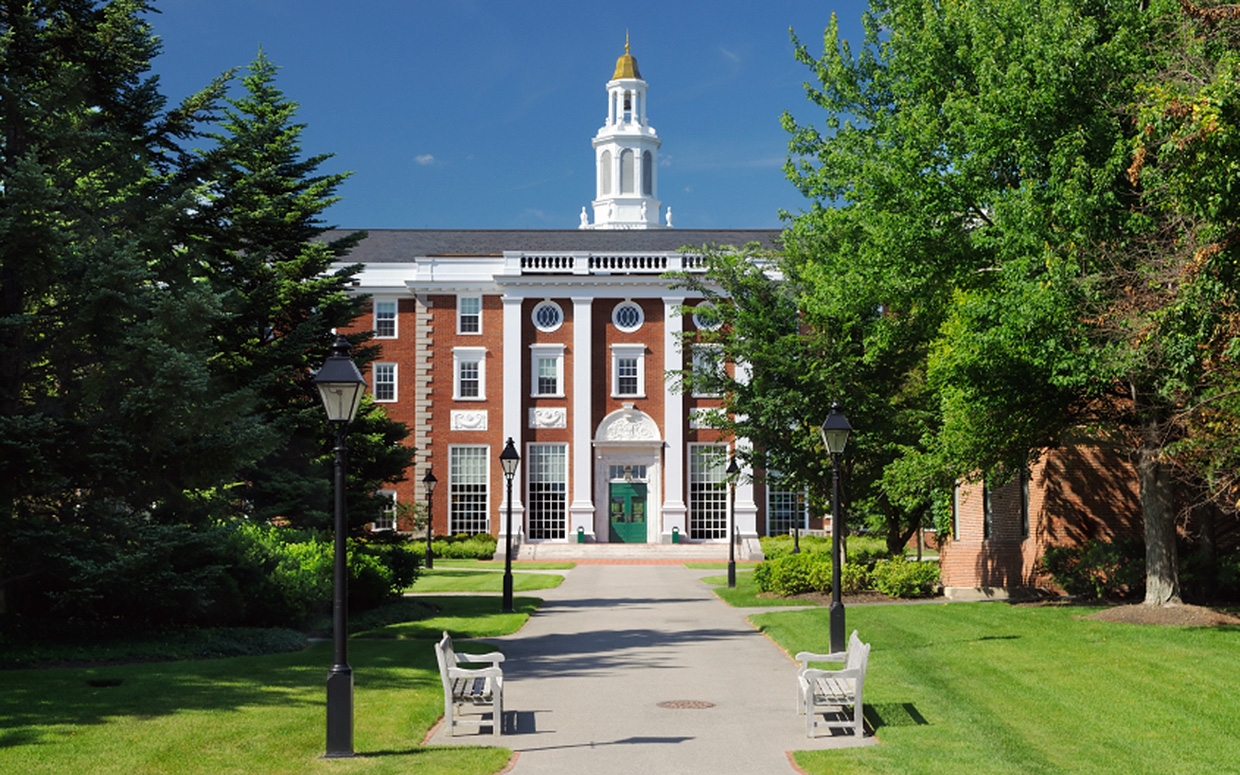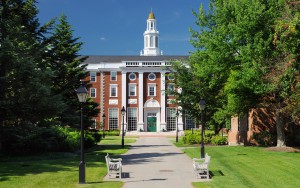 To Charles Augustus Strong
To Charles Augustus Strong
Hotel Royal Haussman
Paris. June 13, 1930
I arrived here last night and hope to see you soon. My nephew George Sturgis came for two days to Avila, just before I left, and we made a part of the return journey together. He is at the Hôtel Foyot, and leaves for Cherbourg & New York in the middle of next week. I should be very much pleased if you could come to lunch with us (perhaps at the Foyot itself) or else let us come to see you at Versailles (he has a big motor), as I should like him to know you, and also Cory (is Cory here?), not that he is an intellectual, but because he is my nearest active relation. You know the good-natured business American: he is very American and very good natured.
From The Letters of George Santayana: Book Four, 1928–1932. Cambridge, MA: The MIT Press, 2003.
Location of manuscript: Rockefeller Archive Center, Sleepy Hollow NY.









